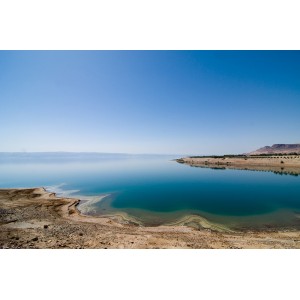
Blog Categories
Latest articles
There’s so much beauty advice and information out there that it can get diffi..
01/02/2014
At low temperatures we get our “cold weather” skin. It’s flaky and itchy – an..
18/01/2014
Planning on partying on New Year’s Evening? We’ve gathered some tips for you ..
26/12/2013
As we age, gravity takes an enormous toll on our skin, dragging it down and c..
25/12/2013
We live in a world increasingly full of toxins and environmental p..
20/12/2013
comments
TLC for Psoriasis

Years ago, an ad for a certain product coined the term, “the heartbreak of psoriasis”. Although it may seem a bit extreme to some, others may consider it an appropriate label for a condition that causes sufferers to feel self-conscious and anxious. For many, their self-esteem takes a nose-dive, and they work hard to cover themselves up and avoid social occasions.
What is Psoriasis?
Dr. Oz, a celebrity doctor with a popular TV show, once referred to psoriasis as a case of too much skin. This is because of an immune disorder that signals the body to over-produce skin cells. As the cells build up, a rash is formed. It’s not contagious, but the uninformed may shy away from a person who exhibits the thick, red, scaly patches.
Psoriasis is actually pretty common, affecting about 2-3 percent of the population. Depending on the person, the rash can be isolated to a small area, or large patches may spread across different parts of the body, causing itching and discomfort.
The exact cause of psoriasis has not been discovered, but it seems to run in families, and certain factors can trigger flare-ups. These factors include certain medications, infection or injury to the skin, smoking and drinking alcohol, and stress. There’s no cure at this point, but uncovering and eliminating the triggers of flare-ups can be a help in managing psoriasis. There are also several types of medical treatments, but those generally meet with varying degrees of success.
Psoriasis and Dead Sea Minerals
For centuries, the Dead Sea has been legendary for its healing powers, and psoriasis sufferers have flocked to its shores to seek relief. In 80-90 percent of the cases, they have found it, and their rash is virtually nonexistent for many months after their visit.
For those who can’t make it to visit the Dead Sea, Dead Sea Premier has the next best thing: Psoricalm. This fragrant cream contains the very same healing minerals from the Dead Sea, along with vitamins and essential oils. Not a medication, it’s a gentle, natural way to combat the lesions of psoriasis.
Posted on - 24/09/2013
Write a comment
Your Name:Your Comment: Note: HTML is not translated!
Enter the code in the box below:


